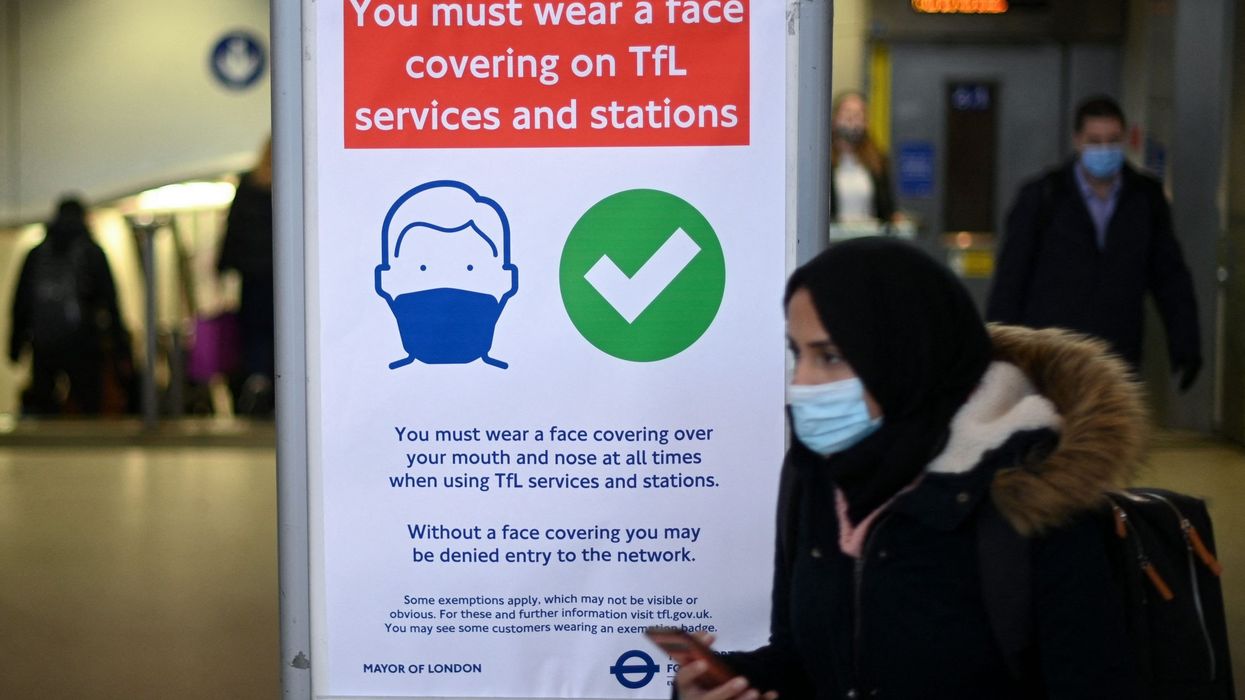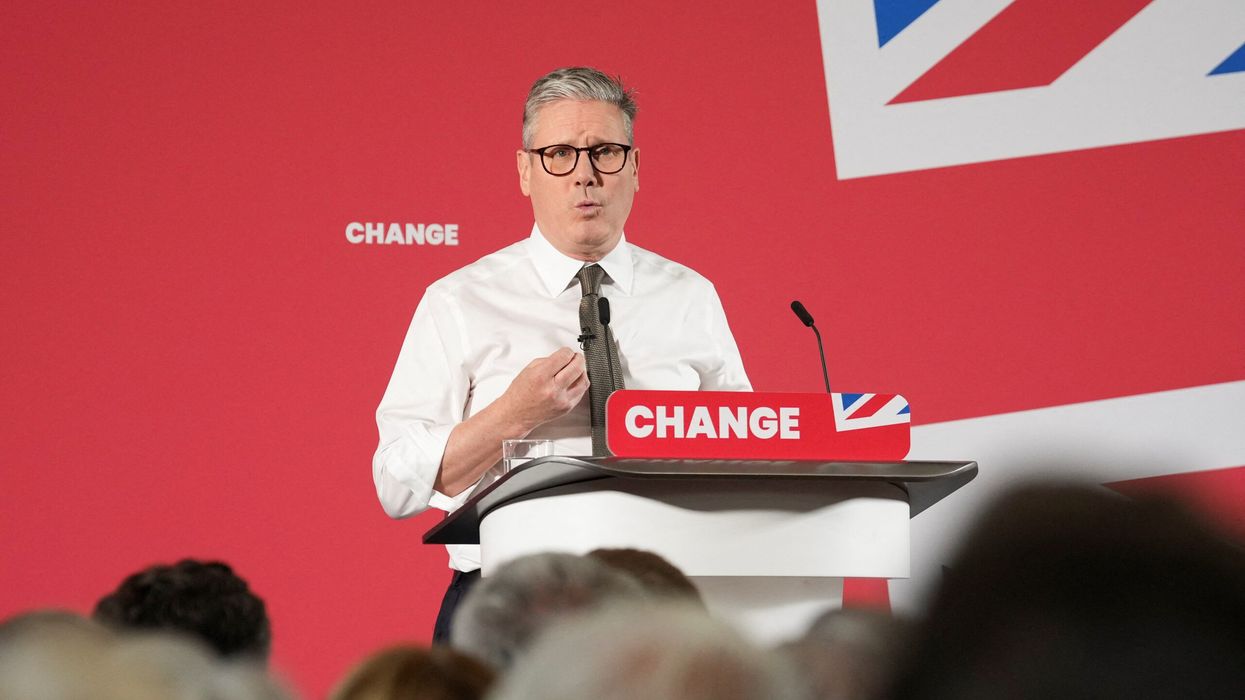Soaring Omicron cases left Britons scrambling on Thursday to make alternative Christmas plans, faced with cancellations, long queues for vaccines and France shutting the border to UK visitors.
Britain recorded a second consecutive record daily number of new Covid infections at more than 88,000 but the government has so far stopped short of formal limits on socialising as it awaits further evidence of the severity and impact of the new Omicron variant.
Last year, Christmas celebrations were drastically curtailed after the Alpha variant swept the country. Britons had hoped that this year would be different, but cases have again shot up since the Omicron strain of the virus first emerged.
The UK government last week updated its guidance to advise people to work from home if they can, while mandating they must wear masks in some settings.
But it has stopped short of recommending the cancellation of social gatherings such as Christmas parties, with embattled Prime Minister Boris Johnson instead recommending that people get booster vaccines, Covid tests and act cautiously.
Recent days have seen long lines outside vaccination centres in London and other towns and cities, as people heeded Johnson's call to get jabbed again.
But at the same time, pubs, theatres and other entertainment venues have reported rising cancellations -- and concerns about their viability -- as the case numbers continue to climb.
From the top down, people were changing plans. Queen Elizabeth II, 95, cancelled her traditional pre-Christmas family lunch next week, despite Johnson insisting such gatherings could still go ahead.
It was a similar tale of cancellations in pubs and restaurants.
- 'Anxiety-provoking' -
"We had some cancellations here," Patrick Mullighan, 64, owner of the White Hart pub in east London, told AFP.
He said his chef had caught the virus, forcing the kitchen to close, while 25 bookings for this Sunday had dropped to 10.
"It's like this all the way the through the book," he added, estimating turnover could be down by around a quarter for the normally busy period in the run-up to Christmas and New Year.
"It represents a lot of money but... as long as people are still buying drinks, that will be good. I'm always worried but what can we do? You've got to carry on."
Productions of hit West End musicals are also suffering, with Hamilton and The Lion King announcing further cancellations due to "ongoing Covid-enforced absences" in the cast and crew.
In a bid to curb the spread of Omicron across the Channel, the French government announced it would ban non-essential travel to and from the UK from Saturday, for both unvaccinated and fully jabbed non-residents.
The sudden announcement sparked anxiety and even panic among would-be travellers scrambling to cross the Channel in time for Christmas.
"I have friends who are panicking," London-based Marie Geoffroy, 43, told AFP at St Pancras station as she prepared to board a Eurostar train.
"It's anxiety-provoking, these last-minute changes, it makes you feel like you're being held hostage," she added.
"I know lots of people who have been able to change their tickets because they can, but others can't afford it."
- 'Prioritise what matters' -
In the run-up to the festive period, England's chief medical officer Chris Whitty urged people to "prioritise what really matters to them and then cut down on the things that don't".
"I wouldn't want to say to people they should do a particular thing," he told a panel of MPs, insisting the government and its advisers like him were united in their approach.
"I think it really should be for people to make those choices."
Johnson has set a highly ambitious target of offering a third vaccine dose to all adults by the end of the month, requiring around a million jabs a day.
Health officials have been scaling up their efforts through this week, saying Thursday they had administered nearly 750,000 into arms the previous day.
But public health messaging and compliance has been undermined by weeks of controversy around claims that Johnson's staff held Christmas parties last year, despite telling the public to cancel theirs and subjecting much of the country to strict rules on socialising.
In a sign of the scale of discontent with Johnson -- following multiple wide-ranging scandals -- around 100 Conservatives lawmakers voted earlier this week against introducing vaccine passes for nightclubs and sports venues.
The measures passed anyway with the support of the opposition Labour party.
Industry body the Music Venue Trust said Thursday that grassroots music venues are at risk of "permanent closure" after attendances dropped by nearly a quarter in the last week.












